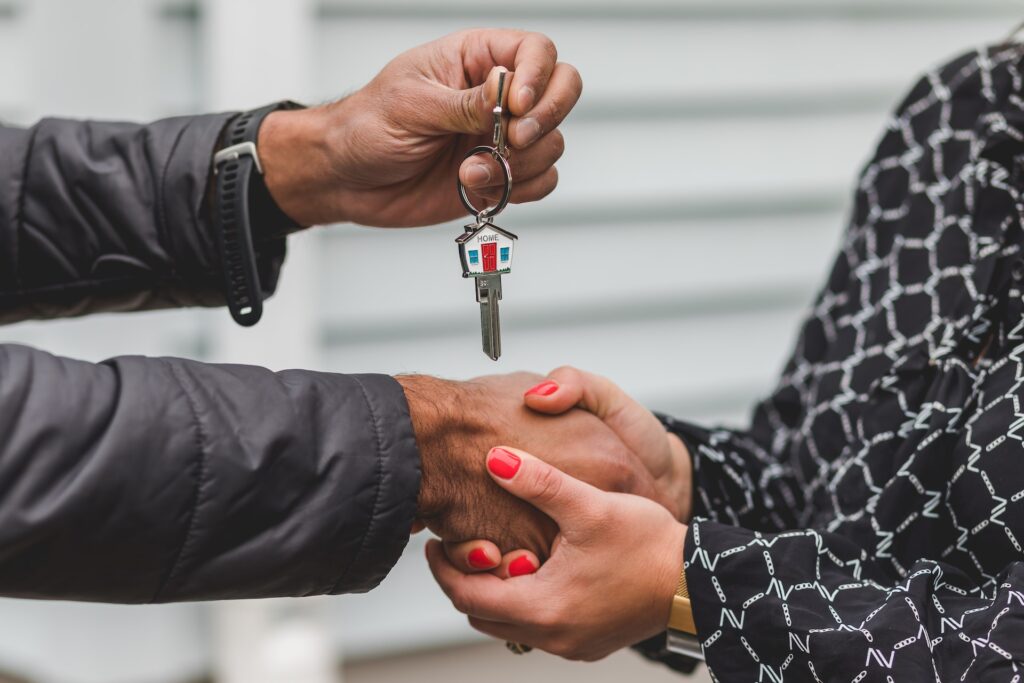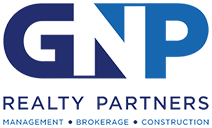
Being a great landlord takes time and effort, but it is essential to keeping good tenants. After months of double-digit rent increases, rents have begun to moderate. A January 2023 report from the National Association of REALTORS® shows rents rose 3.7% year-over-year in the 4Q 2022, compared to 5.6% and 9.2% in the previous two quarters, and the vacancy rate rose to 6.1%. All this means your tenants have more options, and you have more competition.
Beyond keeping good tenants happy (and renewing their leases), you want to maintain a strong reputation as a landlord because no tenant stays forever. Landlord review sites such as RateMyLandlord.com allow tenants to post reviews of your services. To build and maintain a stellar reputation as a landlord (and minimize costly tenant turnover), consider these characteristics of a great landlord.
Want to learn more about Property Maintenance?
Request Information | or Call Us at 312-329-8400
Organized and attentive to detail
Being a good landlord requires managing lots of information. Create an efficient system to manage and store leasing documents, including rental agreements, inspection reports, insurance, payments and notices to tenants (policies not in writing may not be enforceable).
Keep track of maintenance requests and responses to ensure a timely response, track issues with electrical or plumbing that may mean a bigger problem, and monitor repair requests that go beyond the normal wear and tear of use, signaling a tenant problem. Also, document communications with each tenant to quickly address disputes or questions.
Good communicator
Tenants want fast answers to inquiries. Responding to tenant requests promptly and professionally is an essential characteristic of a good landlord. Be respectful of their questions and comments and follow up appropriately—even if just to acknowledge their feedback. If action is needed, communicate what you will do and when you will do it. If things change, provide an update.
Keeping tenants in the loop—on unit-specific or community-wide matters—what good landlords and property managers do. Plus, it will reduce the number of emails and phone calls from tenants who want to know what is happening.
Available and reliable
It’s very frustrating for tenants when they cannot reach you—for an emergency, request or even a question—or they perceive your response as unreliable. Provide tenants with multiple ways to get in touch, e.g., a tenant portal, dedicated email and phone number and commit to a consistent response experience. Set expectations about your availability, e.g., only emergency calls after 7 pm.
Have a backup person if you will be unavailable for more than a day. Inform your backup about the property and provide access to crucial resources, e.g., master keys, vendor contacts, alarm codes, etc. If you will be unavailable for more than a few days, inform your tenants and provide them with an emergency contact in your absence.
Fair, flexible and honest
Life doesn’t always go as planned. So, while it’s important to be consistent in how you treat your tenants (they talk to each other), a good landlord will be flexible if a situation calls for it. For example, a personal emergency may warrant waiving a late fee for someone who has consistently paid on time.
Be reasonable with requests. Your property may need some repairs or items replaced. A good landlord (and one who kept track of maintenance records, see #1) can distinguish damage from normal wear and tear. If a fresh coat of paint will keep a good tenant happy, it’s worth it, especially if you will paint if they move out.
Be honest and transparent. If one tenant reports a pest infestation, don’t hide it from others. Let everyone know so the community can work together to avoid a repeat of the problem.
Service-oriented (especially for maintenance)
We could categorize all great landlord characteristics as “good customer service,” but maintenance service is worth calling out separately. Good maintenance is a priority for most tenants. Stay on top of maintenance issues to keep minor problems from becoming major ones. View the situation through the eyes of the tenant. That broken cabinet door may seem no big deal, but you don’t open it several times a day.
Acknowledge maintenance requests promptly and schedule repairs in a timely manner. When possible, accommodate the tenant’s schedule to access their unit, but prioritize safety. If items need replacing, engage the tenant in a conversation about preferences for style or color, but be clear the decision is yours. For major repairs, work with the tenant to determine a reasonable disruption or need for off-site accommodation, e.g., the sole bathroom will be unavailable for 24 hours. Good customer service builds trust, and you may find that a tenant will put up with inconveniences or a longer-than-expected delay because you’ve proactively reached out to discuss how best to address a situation.
Knowledgeable of the law
Great landlords understand their responsibilities and tenants’ rights, helping to avoid conflicts that can be painful (and costly) to resolve. In Chicago, the Residential Landlord and Tenant Ordinance governs rental housing, covering all aspects of residential leasing, including security deposits, late fees, notice of entry, pets, etc. Suburban landlords should check with their township or village manager for governing documents. Violations can result in fines, lawsuits or the loss of a license.
Do you have the traits of a good landlord?
Failure to possess characteristics that make for a great landlord can lead to problems and frustrations, causing owners to question their decision to take on landlord responsibilities. If this feels familiar, consider hiring a professional residential property manager.
GNP Realty’s team of property managers are full-time professionals who possess the characteristics needed to be a great landlord. Our full-service operation enables us to manage all aspects of being a landlord—from record-keeping to maintenance. A dedicated property manager means your tenants get to know one person who’s available and responsive to their needs. Contact us to discuss how we can assist you—and be a great landlord for your tenants!







